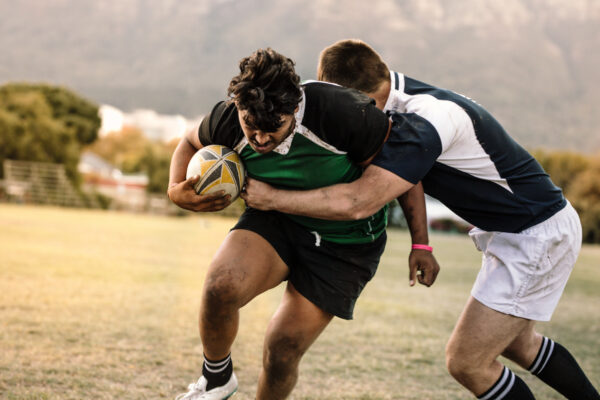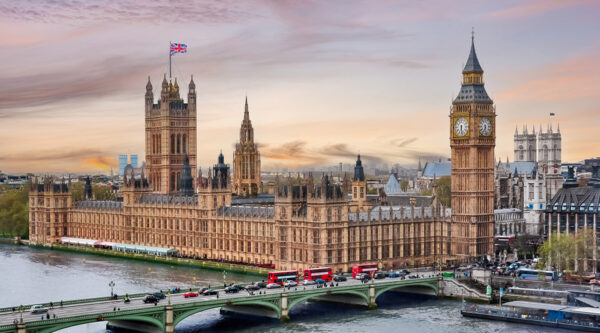

Growth brings engagement and opportunities for women’s sport 2025 might just be the biggest showcase of women’s sport to date, with the UEFA Women’s European Championships in Switzerland, the ICC Women’s Cricket World Cup in India and the Women’s Rugby World Cup in England.
Women’s sport is clearly thriving within the international sporting economy, and this success brings with it considerable opportunities for stakeholders in women’s sport to capitalise on, and further drive, growth.
Sponsorship
Women’s sport presents an opportunity for commercial partners and investors to do things differently. Spectators of women’s sports are increasingly more diverse, allowing companies to engage with wider audiences and develop a more progressive brand image.
Brands
For years Nike has been at the forefront of sport sponsorship generally, but particularly in women’s sport. However, the unique sponsorship landscape of women’s sport has now welcomed a range of brands into this space. The beauty industry in particular has recognised the potential in women’s sport, with brands like Sephora (Basketball), Charlotte Tilbury (F1) and Maybelline (Tennis) signing sponsorship deals.
Opportunity
From 2025, ICC Women’s Cricket will have standalone sponsors for the first time, recognising the value of women’s cricket in its own right. Chief Commercial Officer of the ICC, Anurag Dahiya, stated this decision “signals that women’s cricket is no longer an add-on or a freebie that’s attached to men’s games, but a distinct high-potential commercial product”.
Meanwhile in rugby, global companies such as Gallagher, Capgemini, Mastercard and Asahi have been named principal partners of the Women’s Rugby World Cup 2025. This highlights how the break away from men’s teams at the club level and prevalence of major tournaments at the international level increases the commercial opportunities available to companies in women’s sport across the board.
Media rights
In addition to a rise in demand for sponsorship agreements, we’re expecting to see an increased need for media rights agreements.
The UEFA Women’s Champions League signed a pioneering global rights deal with DAZN back in 2021, providing streaming access to matches across 230 countries. In the first year as rights holder, DAZN saw a 56% increase in audiences for the final of the competition compared to that of the previous season. This deal comes to an end in 2025, and it is understood that Disney+ has now agreed a five-year deal to broadcast every match in the competition live across multiple European broadcast territories. While some viewers may be concerned by the need to hold a subscription to watch the matches, it is also understood that there will be some free-to-air coverage in the UK. This is being perceived as a progressive step for coverage of European women’s football.
The recent trend of unbundling media rights is likely to continue as broadcasters and rights holders consider ways to strengthen revenues streams and negotiation positions. Selling individual game rights, highlights packages and exclusive content allows rights holders to create new opportunities for broadcasters to connect with wider audiences, maximising their exposure to women’s sport.
Investment
2025 is expected to see further growth in the investment in women’s sport. 2024 revenues for women’s elite sports across the globe surpassed projections to hit $1.88 (approximately £1.45 billion), with predictions for 2025 thought to reach a staggering $2.35 billion (approximately £1.82 billion) according to Deloitte. In the UK in particular, the government is incentivising private investment in women’s sport through the Women’s Sport Investment Accelerator Scheme as part of a pledge to make the UK the world’s top destination for women’s sport investment. Further investment in women’s sport will be the key to unlock its full potential and ensure the long-term success of sport for women.
With the growth of women’s sport in 2025 comes plenty of commercial opportunities and legal challenges for companies and investors. Our sports team acts for a broad range of sports clubs, agents, athletes, governing bodies, organising committees, sponsors, and rights holders. For more information on the work we do and to get in touch, click here.










